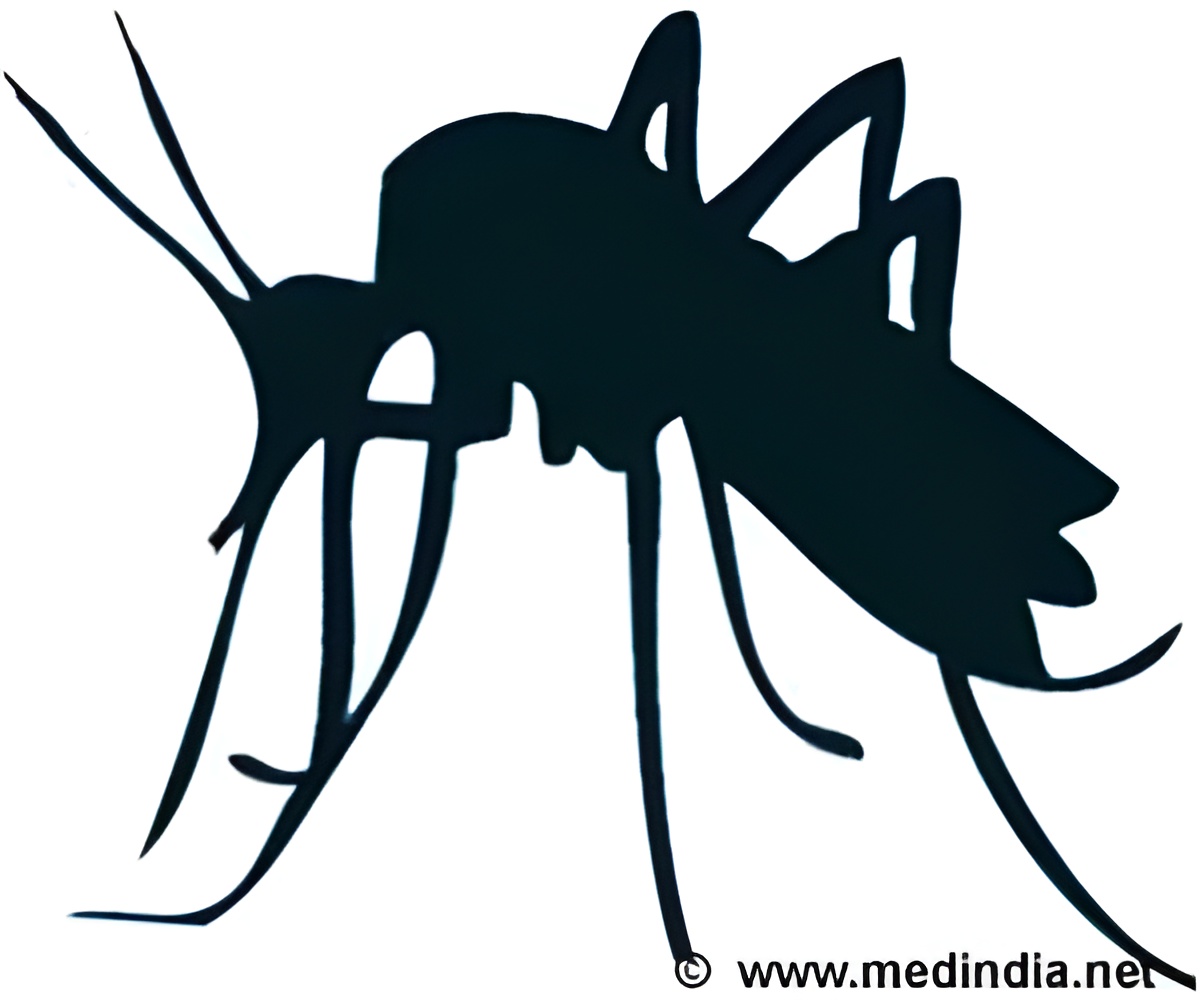
The authors argue that routine antenatal care (ANC) services are an important delivery channel that ensures that pregnant women who attend an ANC clinic have use of a LLIN from their first ANC visit in each pregnancy. Unfortunately, although LLINs should be routinely delivered to pregnant women through ANC clinics, the nets are sometimes re-allocated to population-wide campaigns leaving pregnant women and their babies at risk of malaria.
The authors say: "Receiving a net as an integral part of antenatal care and sends a powerful message to a pregnant woman that this tool is important to protect herself and her child. "
They continue: "Going forward, national malaria programmes and donors alike need to ensure that routine LLIN distribution through antenatal clinics continue un-interrupted during national campaigns, and where funding or supplies of LLINs is limited, they will have to make difficult decisions to balance costs with the benefits and impact of LLINs."
The authors add: "Where choices must be made, high-risk groups (pregnant women and children under 5 years of age) should be prioritized."
Advertisement













